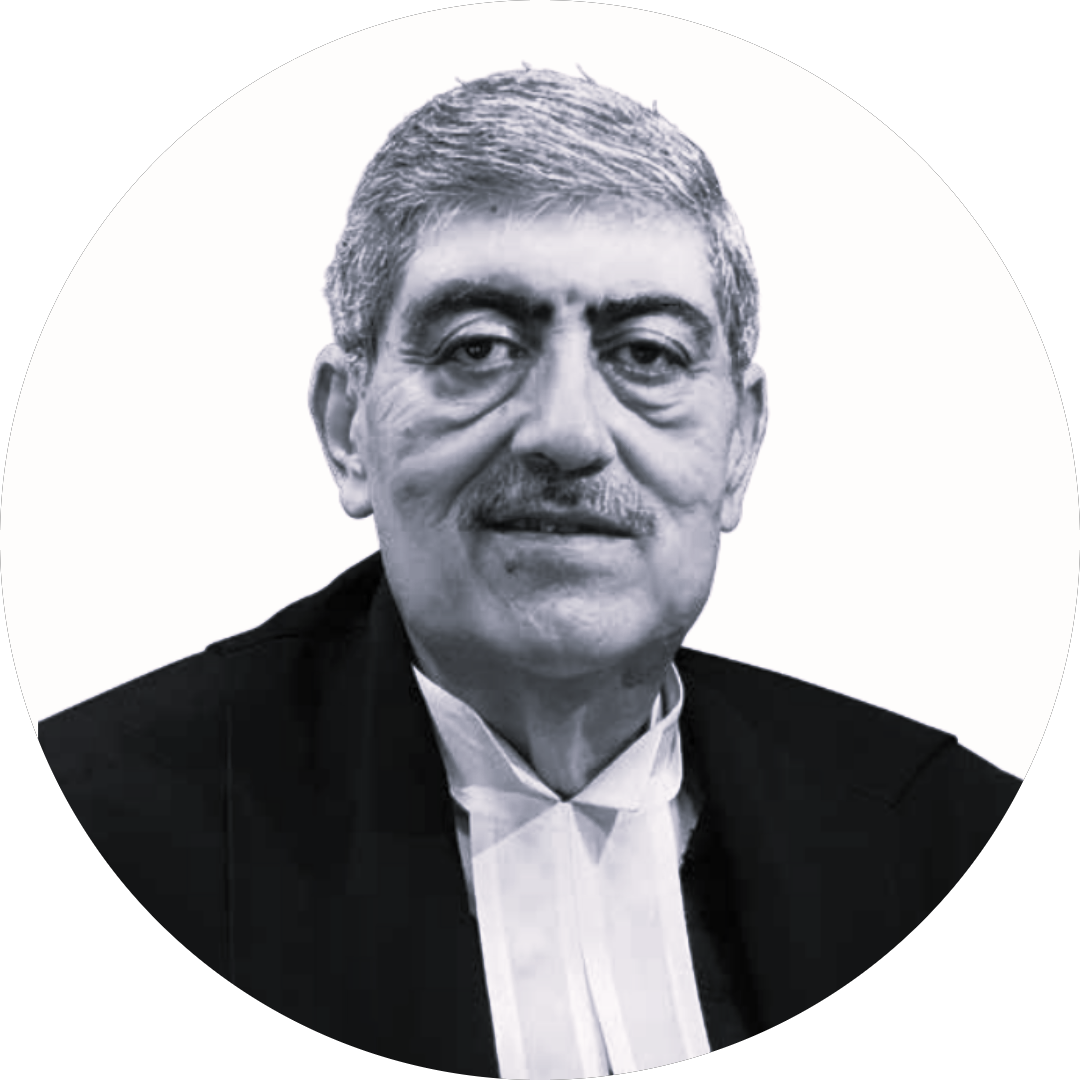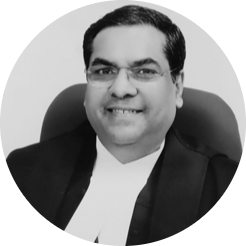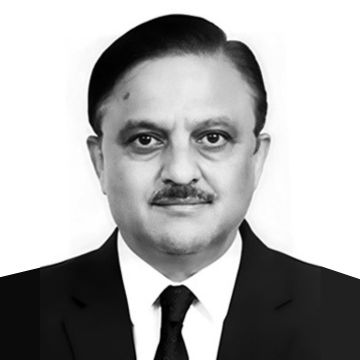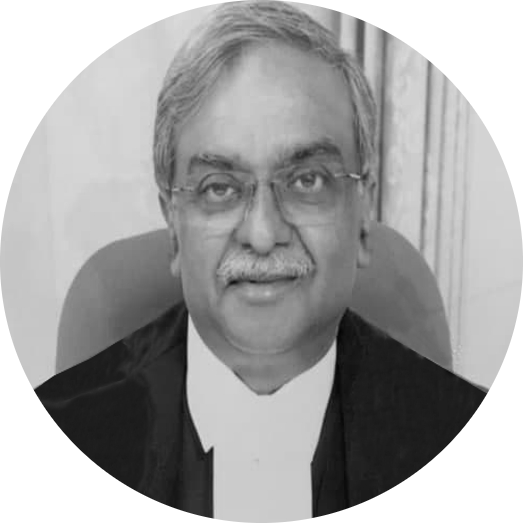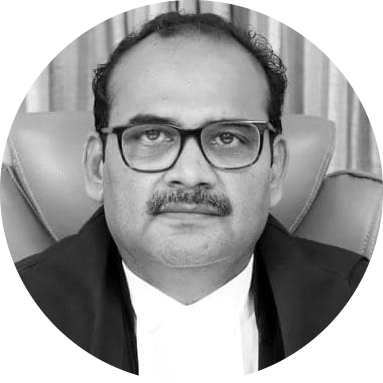Excommunication Of Members From Dawoodi Bohra Community
Central Board Of Dawoodi Bohra Community v State Of Maharashtra
The SC referred the challenges to the Dawoodi Bohra leader's power of excommunication to the 9-Judge Bench in the Sabarimala review
Decided
Parties
Central Board Of Dawoodi Bohra Community:
Lawyers: Sr. Adv. Siddharth Bhatnagar
State of Maharashtra:
Lawyers:
Sydena Mufaddal Saifuddin:
Lawyers: Sr. Adv. Fali Nariman
Case Details
Case Number: WP (C) No. 000740/1986
Next Hearing:
Last Updated: December 30, 2023
TAGS: Dawoodi Bohra, excommunication
Key Issues
Is excommunication a ‘protected practice’ under Article 26 of the Constitution?
Case Description
The Dawoodi Bohras are members of the Shia sect of Islam. Their religious leader, known as the Al-Dai-Al-Mutlaq, is based in India. The current leader of the community is his Holiness Dr Syedna Mufaddal Saifuddin.
The Bohra community leader can excommunicate its members for challenging his authority. An excommunicated member is denied access to the community mosque or any burial in the community.
On November 1st, 1949, the Maharashtra government, in ‘keeping with the spirit of changing times and in public interest’, passed The Bombay Prevention of Excommunication Act (the Act). This Act made the excommunication of any community member illegal. The Act stated that excommunication deprives members of legitimate rights and privileges.
After the Act was passed, some members of the Dawoodi Bohra community challenged excommunication orders passed by their leader as they were illegal.
Sardar Syedna Taher Saifuddin Saheb, the then leader of the community, challenged the constitutional validity of the 1958 Act. He argued that the Act violated fundamental rights guaranteed in the Constitution under Article 25 (Freedom of conscience and free profession, practice and propagation of religion) and Article 26 (Freedom to manage religious affairs).
Saifuddin Saheb argued that the power to excommunicate was part of the management of community affairs in matters of religion. Depriving the leader of this right makes it impossible for the community to protect itself against opposing forces. He stated that the power to excommunicate is not absolute or arbitrary, and was used only in exceptional circumstances. He further claimed that excommunication can be effected only at a meeting of the members of the community, after the person has been given warning. The leader claimed the practice to be essential to the sect.
Excommunicated members opposing the petition argued that Quran does not permit excommunication and that it goes against the spirit of Islam. They argued that the right to regulate religious communities does not include the right to excommunicate.
Writing for a Constitution Bench of the Supreme Court in 1962, Justice B.P. Sinha held that the leader’s position is an essential part of the community. The power to excommunicate is to enforce discipline and preserve the denomination, not to punish. In this Judgment, Justice Sinha held the 1949 Act to be unconstitutional.
In 1986, the Central Board of Dawoodi Bohra Community, “a representative body of reformist Dawoodi Bohras” filed a writ petition, asking the Supreme Court to reconsider Sardar Syedna and reinstate the application of the Excommunication Act which had been repealed.
While the case was pending, the Maharashtra Legislative Assembly, in 2016 passed the Maharashtra Protection of People from Social Boycott (Prevention, Prohibition and Redressal) Act, 2016 , which repealed the 1949 Excommunication Act. The 2016 Act identified 16 types of social ostracisation and made them illegal, punishing the perpetrators with imprisonment for up to three years. The 16 types included the expulsion of a member from their community.
On September 20th, 2022 , the Central Board’s case was listed before a Constitution Bench led by Justice Sanjay Kishan Kaul. Senior advocate Fali Nariman appearing for the leader of the sect, argued that the question in the case has become irrelevant as the Bombay Prevention of Excommunication Act, 1949 was repealed by the 2016 Act.
Senior advocate Siddharth Bhatnagar, appearing for the Central Board, argued that the 2016 Act was a Maharashtra law, and provided no protection to members of the community living in other parts of the country. Instead, Mr. Bhatnagar asked the Court to decide the constitutional validity of excommunication as a practice.
On February 10th, 2023, Justice A.S. Oka delivered the Bench’s unanimous decision to refer the matter to the 9-Judge Bench in the Sabarimala Review case.

